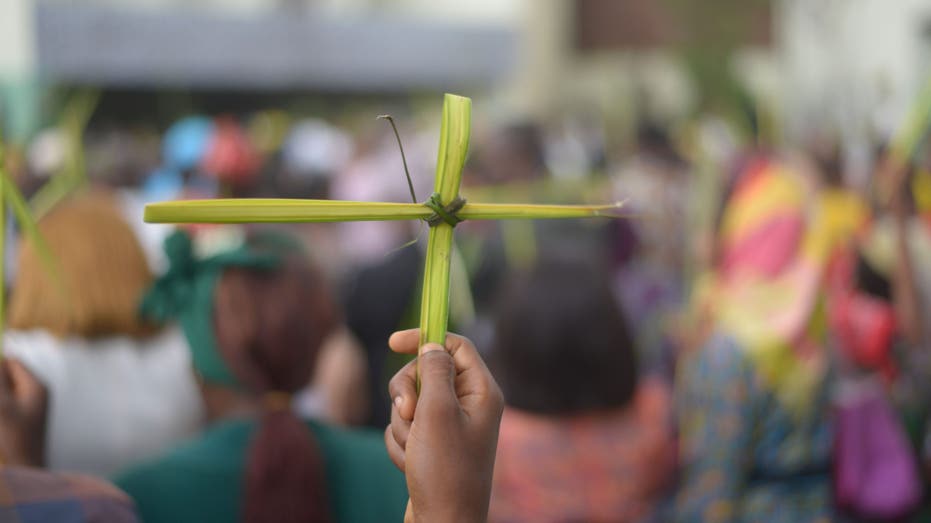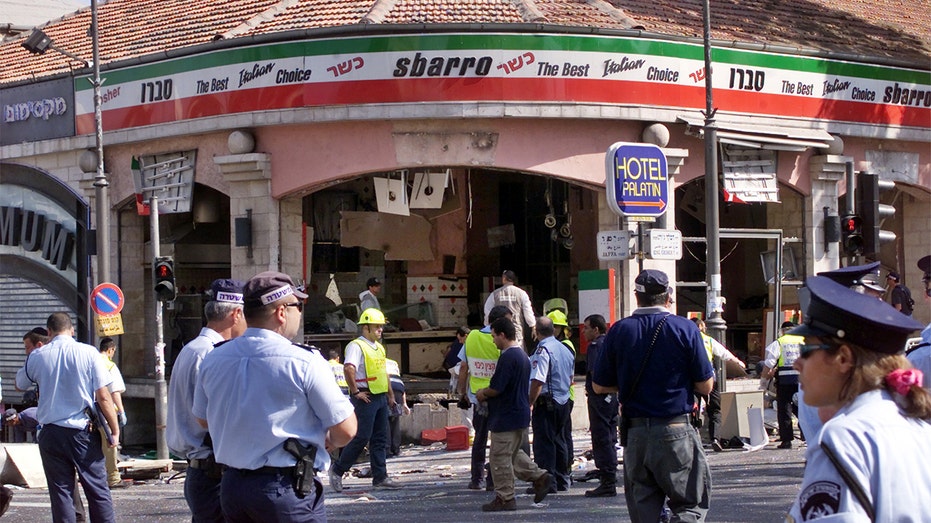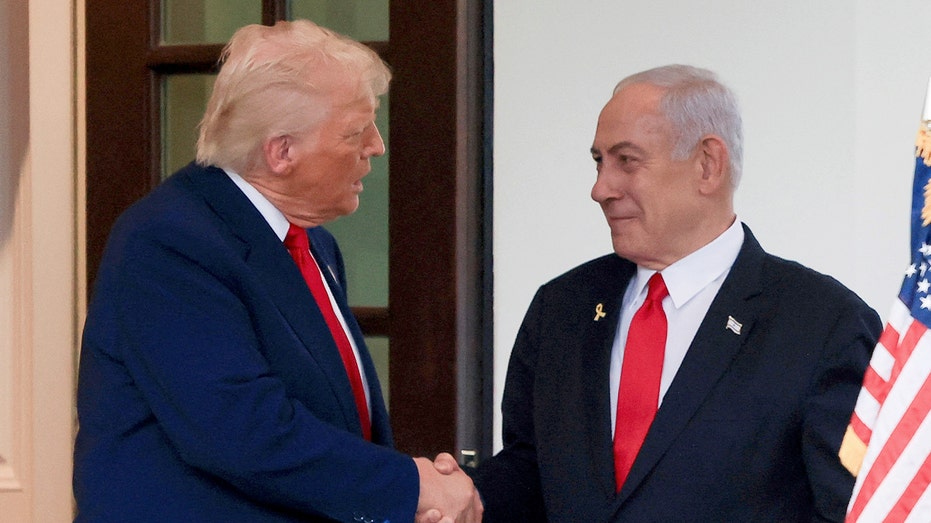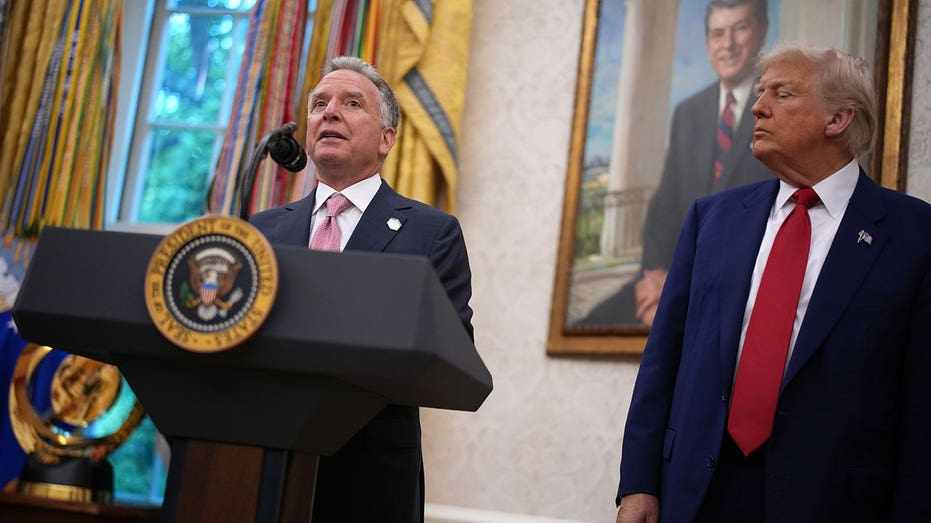Easter in Nigeria: Christians Face Ongoing Persecution as Attacks Escalate

Sarah Johnson
April 22, 2025
Brief
Christians in Nigeria face escalating attacks from Islamist militants, with thousands killed and displaced. Activists call it genocide, urging international intervention as violence persists unabated.
This Easter is marked by fear and mourning for Christians in Nigeria, where attacks by Islamist militants show no sign of slowing down. Despite Christians making up nearly half the population, violence continues to sweep communities, with many describing it as nothing short of genocide.
Jeff King, president of International Christian Concern, didn’t mince words: "Nigeria’s Christians are being wiped out; we need to call it what it is — genocide." He highlighted the brutal attacks in Plateau State’s Bokkos County on April 2-3, where over 60 Christians were killed and hundreds of homes torched. Families were burned alive, children left without homes, and the violence, shockingly, is just another page in a 20-year saga.
King and other activists say this isn’t random. It’s a calculated campaign, primarily by Fulani Islamist militants, to drive Christians out of Nigeria’s Middle Belt. Since 2001, as many as 100,000 Christians have been killed, and 3.5 million farmers displaced. Armed with AK-47s, machetes, and gasoline, the attackers move with little resistance. The government’s lack of action is almost as chilling as the violence itself. If you’re looking for a textbook case on how to ignore a national crisis, this would be it.
In a particularly haunting quote, a widow told the ICC, "They want our land, our lives, our Jesus." Just last weekend, another 54 Christians were killed after a Palm Sunday service in the village of Zikke, near Jos. The attack went on for an hour, and authorities were nowhere to be found.
Nigeria now ranks seventh on Open Doors’ World Watchlist for Christian persecution. Ryan Brown, CEO of Open Doors US, stated that violence from Boko Haram, ISWAP, and Fulani militants has devastated communities, destroyed churches, and left families shattered—many still reeling from a Christmas Eve massacre that killed 200 Christians just months ago. Survivors now huddle in displacement camps, facing hunger and unable to safely worship or access education.
Bishop Ayuba Matawal, who leads the Nigerian Bokkos Internally Displaced People’s Welfare Committee, described the ideology behind the violence as a crusade to seize land from Christian communities, inspired by a historical vision of spreading Islam across Nigeria. Even if the extremists are few, their impact is catastrophic.
The ICC is pushing for the U.S. State Department to designate Nigeria as a Country of Particular Concern, a status that could bring serious consequences like sanctions or restricted aid. King argued that the U.S. should suspend all financial and military support for Nigeria until attacks decline and perpetrators are actually brought to justice.
The U.S. State Department expressed its concern over ongoing violence, offering condolences and urging the Nigerian government to address the root causes and protect all citizens. President Tinubu has apparently committed to tackling the violence, but so far, meaningful change remains out of sight.
As Easter arrives, Bishop Matawal warned that Christian communities are on high alert, especially during services and gatherings. Jeff King emphasized the hope Christians continue to embody: "Easter is all about life winning over death, and these Christians are living that out. But let’s raise a cry and say ‘we hear you, we are with you, hold on just a bit longer.’"
Despite multiple attempts, the Nigerian government hasn’t responded to these concerns. For now, many Nigerian Christians are left carrying their cross—literally and figuratively—hoping the world won’t look away.
Topics
Editor's Comments
It’s wild how Easter—meant to be a time of hope—has turned into a season of survival for Nigerian Christians. When the government’s action plan seems to be 'do nothing and wait for a miracle,' it’s no wonder the world keeps asking where the outrage is. If only indifference could be sanctioned as easily as countries.
Like this article? Share it with your friends!
If you find this article interesting, feel free to share it with your friends!
Thank you for your support! Sharing is the greatest encouragement for us.



